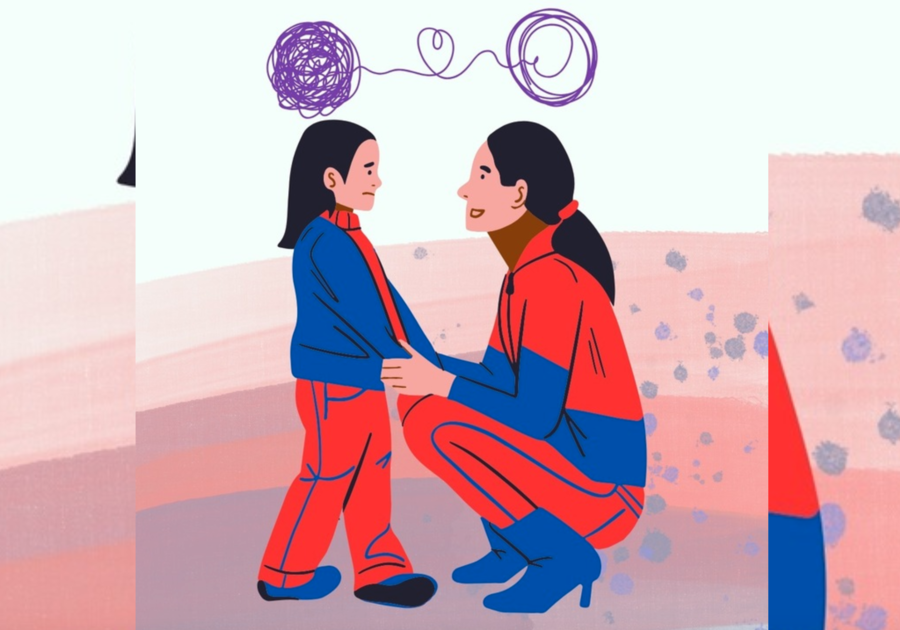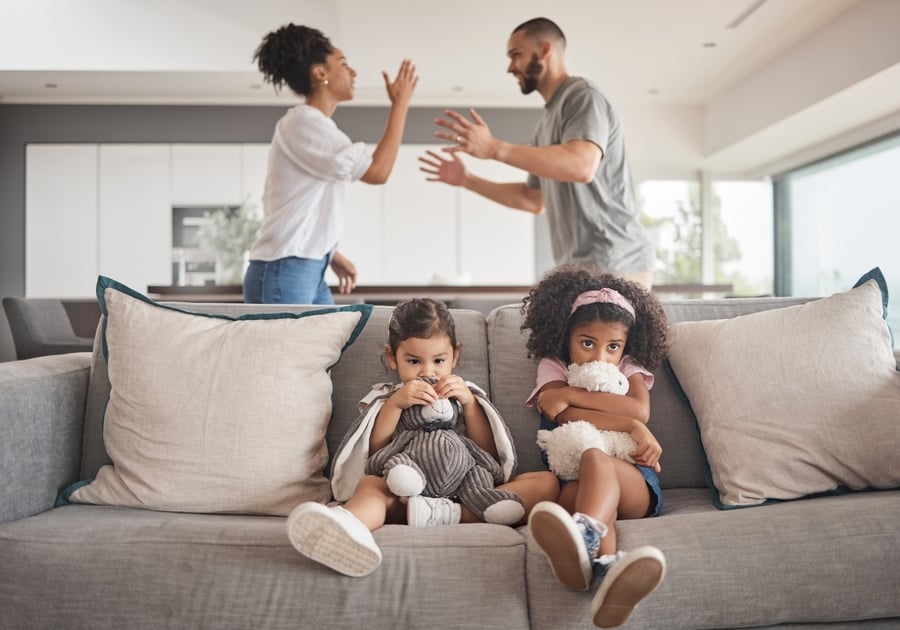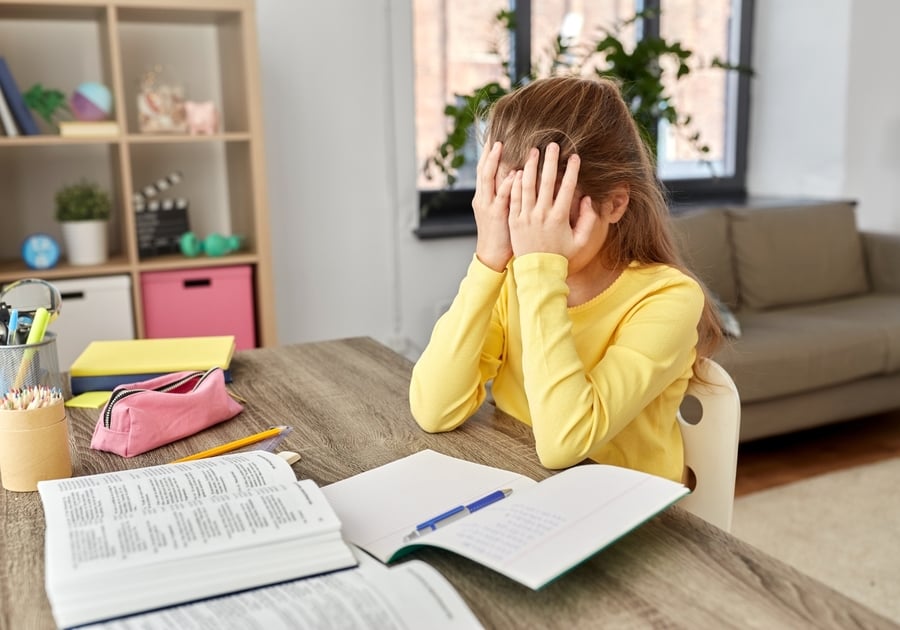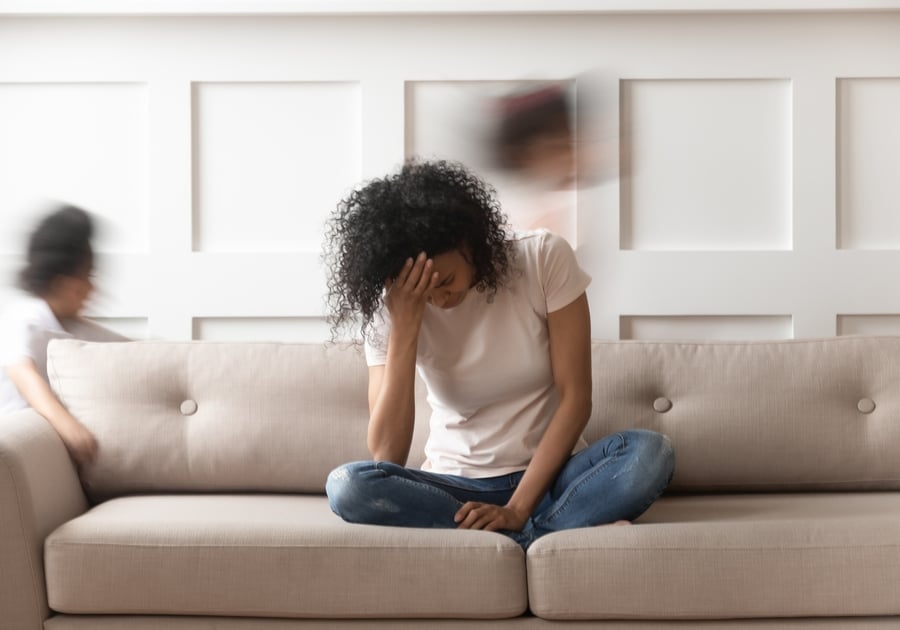Do you suspect your child might be struggling with anxiety? Recognizing anxiety in children can be challenging since their signs of distress often differ from adults. Whether the fear stems from everyday stress or current events like an election, these symptoms and strategies can help.
Signs of Anxiety in Children
- Worrying: Children with anxiety might fixate on concerns like school, friendships, or events. They may express excessive worries or have trouble falling asleep or concentrating due to these thoughts.
- They may fear that having opinions different from those of their friends, such as who they would want to vote for president, might alienate them or make them unpopular.
- Are they "doom scrolling"? This is a term children use to describe when they become fixated with specific social media topics, such as election fear, and cannot look away, even though it triggers more fear.
- Avoidance: Does your child avoid certain activities or hide behind you? They might feel overwhelmed to join a club, sport, or social event.
- When the election comes up, they might even share they don't want to talk about it due to anxiety.
- Physical Symptoms: Anxiety often shows up physically through stomach aches, headaches, or muscle tension. Your child might struggle to stay still or show signs like sweaty palms or heavy breathing.
- Need for Reassurance: Some children seek constant validation over small, routine matters or strive for perfection.
- Are they fearful about the election and asking questions like, "Will we be okay if....?"
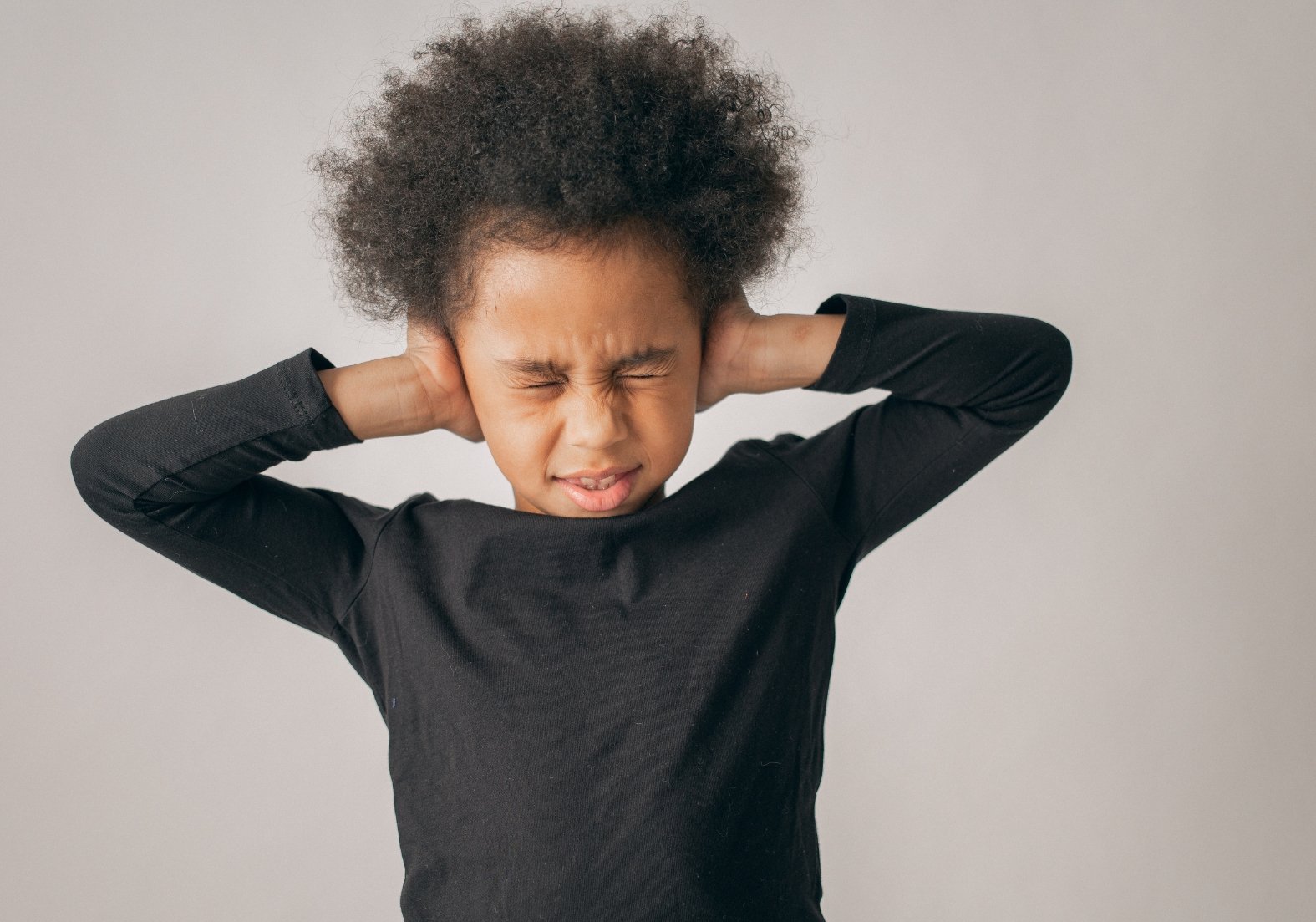 |
Supporting Your Child's Anxiety
One of the most important ways to help your child manage anxiety is to model calmness and emotional regulation. Children absorb the emotions of those around them, and by practicing mindfulness and grounding techniques together, you can create a supportive environment.
Like children, adults can also be fearful with the election a week away. What are you doing to self-care/regulate?
Here are a few grounding exercises you can try together:
- Breathing Exercises: Play a calming song and practice deep breaths together.
- An example of a 5-minute with 5-minute breathing: Gideon Matthew "It takes time."
- Drawing Breaths: Grab some paper and have your child draw waves as you inhale and exhale, visually connecting their breath to movement. Again, playing calming music can help with this.
- Take a Walk: Physical activity can help regulate the nervous system and create distance from anxious thoughts. Enjoy the beautiful fall leaves changing around you.
- Talk It Through: Use open-ended questions to help your child explore their feelings. Questions like "What are you feeling worried about?" or "What do you need right now?" allow them to process emotions safely
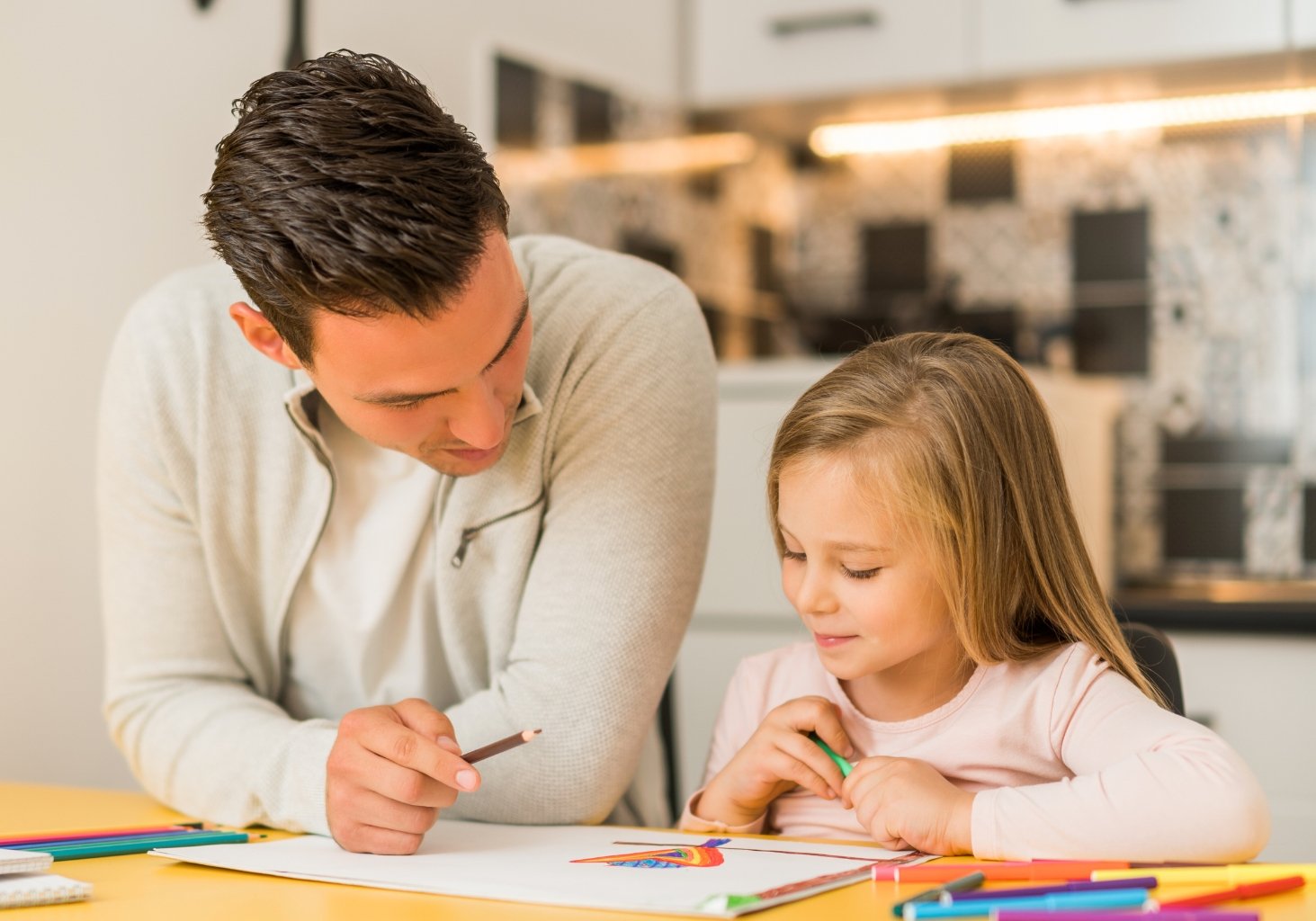 |
Talking About the Election Without Stirring Anxiety
During high-stress times, such as an election, children might feel overwhelmed and unable to express their feelings due to the age-appropriate verbiage. Here's how to address these topics without adding to their worries:
- Start with Open-Ended Questions: Allow your child to express their thoughts by asking questions like, "What are your thoughts about the election?" or "Is there anything that makes you feel worried?"
- Address Misinformation: Children may hear confusing or exaggerated information from friends or media. Gently correct misinformation and teach them to seek reliable sources for facts.
- Set Boundaries for Election Conversations: Express to your children that it is okay to set boundaries kindly, such as, "I don't want to talk about the election right now."
Model Calmness and Set Limits on Media Exposure
If you're anxious about the election or high-stress situation, your child may pick up on it. Take breaks, practice self-regulation techniques, and limit media exposure to create a calming environment at home.
Validation is Key.
Children must feel safe and understood, so avoid dismissing their concerns as "no big deal." Instead, validate their feelings and reassure them. You might say, "I understand; sometimes I feel that way too," to normalize their experiences.
When anxiety Interferes with Daily Life
A certain level of stress is natural, but if anxiety begins to interfere with daily life, seeking support can help. At Tête Therapy, our therapists use Cognitive Behavioral Therapy (CBT) and mindfulness techniques, and they even integrate art and creative activities to help children manage anxiety.
For more guidance, Tête Therapy's blog also includes helpful resources on discussing current events with your child without increasing their stress. Your mental health matters, and we’re here to support you every step of the way.
For questions or to schedule a virtual or in-person consultation, please reach out to us at contact@tetetherapy.com or call us at 929-592-5705. Our offices are in DUMBO at 68 Jay Street.
 |
 | 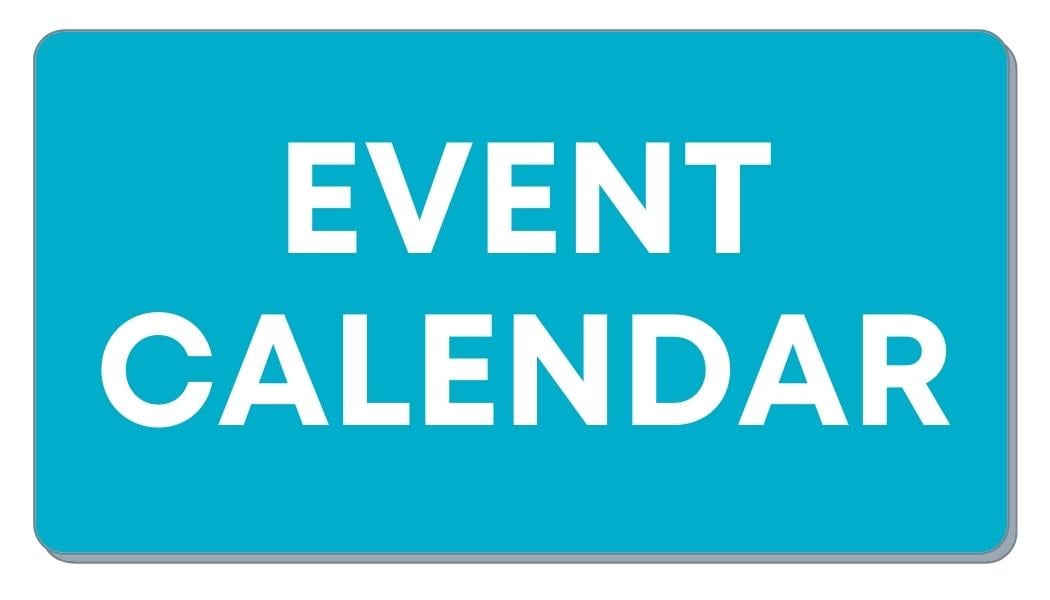 |  | 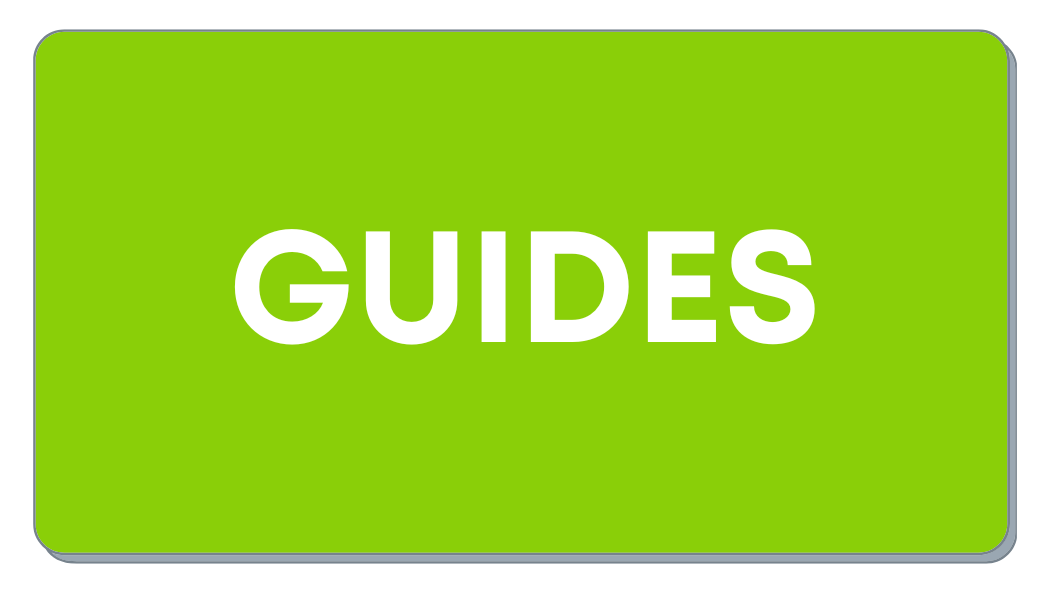 |
GIVE US A FOLLOW |
 |  |

